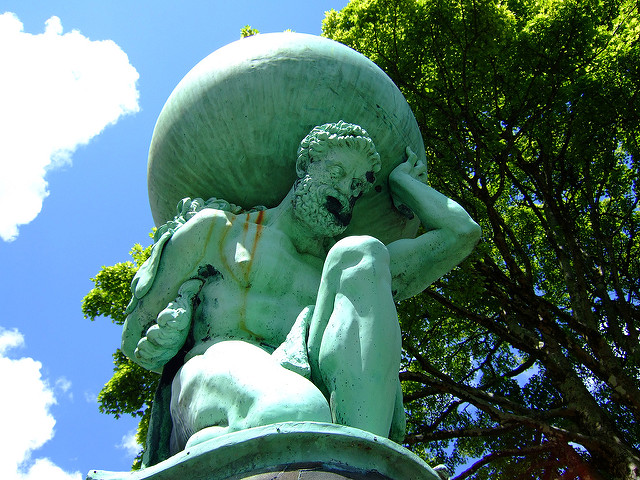
Editing Mistake – Ways Writers Work Too Hard Series Part 1
Over the next five weeks, I'll be sharing six ways writers make too much work for themselves. If you work full-time at another job, this series is especially important. You don't have much time to work on your writing goals or your writing projects.
And if you have children at home, it's even more difficult to find time to write.
I know very well what it's like to want to write but not have the time or the energy left to do so; I ran an egg farm with 500 chickens back in Fall 2011 on top of working a full-time job. Needless to say, I didn't get much writing done.
So, when we're on a small "time budget", we need to be careful where our time goes. That is, if we want to get words on the page.
Let's get started.
The first one I want to share this week is a big editing mistake: Fixing Minor Errors Before the Major Ones.
I'll be upfront. This tip may not be for you. If seeing any kind of grammatical, spelling, or punctuation error drives you crazy and you can't possibly get through the day without fixing it, then, by all means, fix it. But if you're ready to take full advantage of the short amount of time that you have, save the minor fixes until last.
Yeah, I know they're easy, but the reason I'm saying this is that those minor errors may disappear when you fix your major ones.
The major errors span over sentences and paragraphs to pages and whole chapters. If there are issues with the whole page, the page will need to be rewritten or removed, so if you were to go through your article, story, or other written document and fix the minor errors first, you would be spending more time and energy fixing things that would just be removed anyway. Why spend more time and energy than you have to?
Focus on the big things. Are your points (i.e., bullets, plot line, etc.) strong? Are you characters interesting? What areas can you clarify and tighten for word flow? Does each paragraph serve your story or premise? Do your descriptions really move the story forward?
By avoiding this editing mistake, by focusing on the big things first, you can save yourself some valuable time and energy. Once you have a solid draft, go back and focus on the small things. Fix the grammatical errors, the misspellings, and the misplaced punctuation. That way you won't be fixing errors that will get removed along with the major ones.
I'd love to hear your experiences with editing. What challenges do you face and what helps you get through the editing process?
Up next: Part 2 – Inactivity In Writing
- It’s been a long time… - February 10, 2024
- Realizations About Tracking Progress - May 28, 2020
- Goal Setting & Productivity 101 - May 25, 2020
